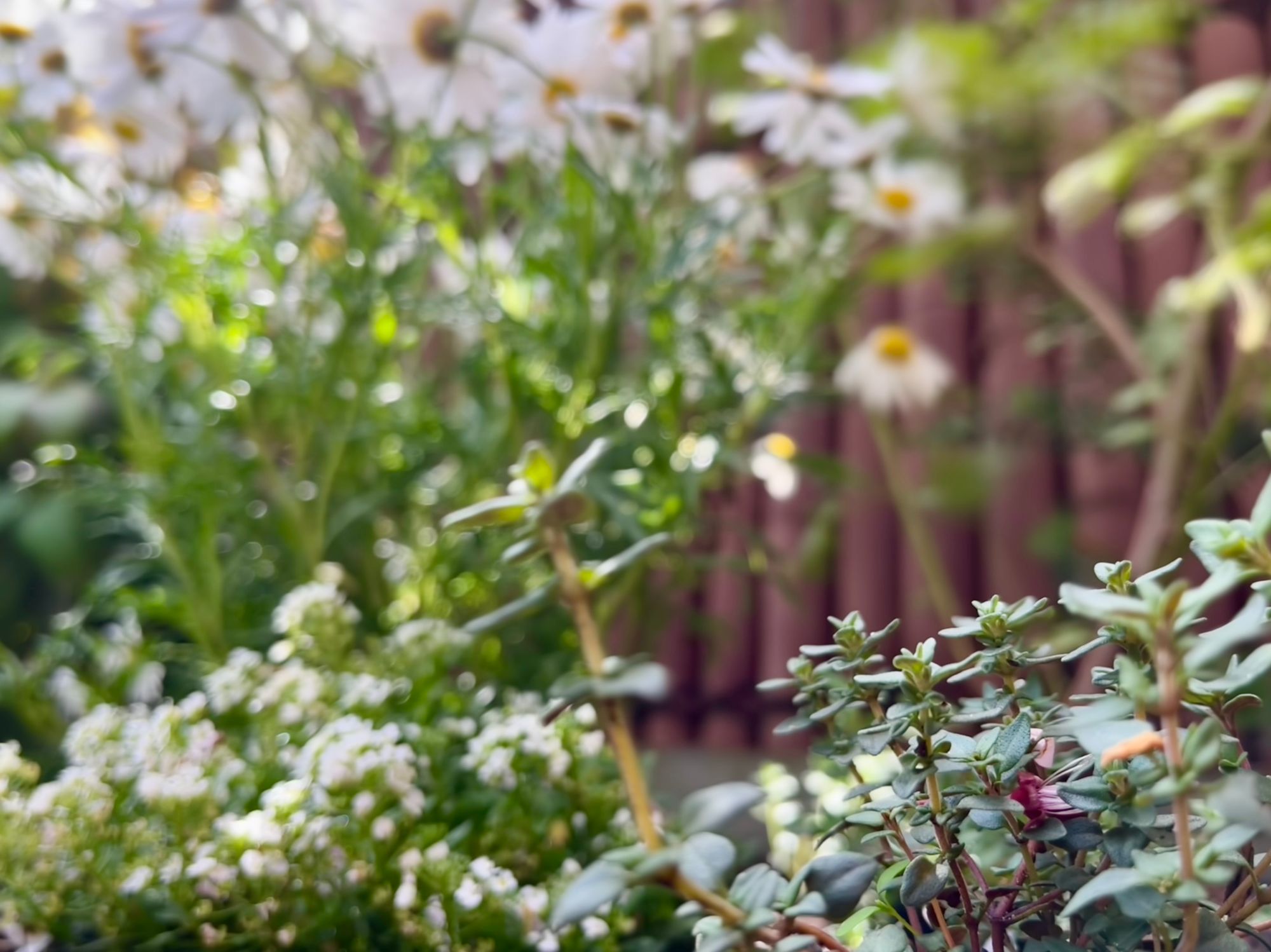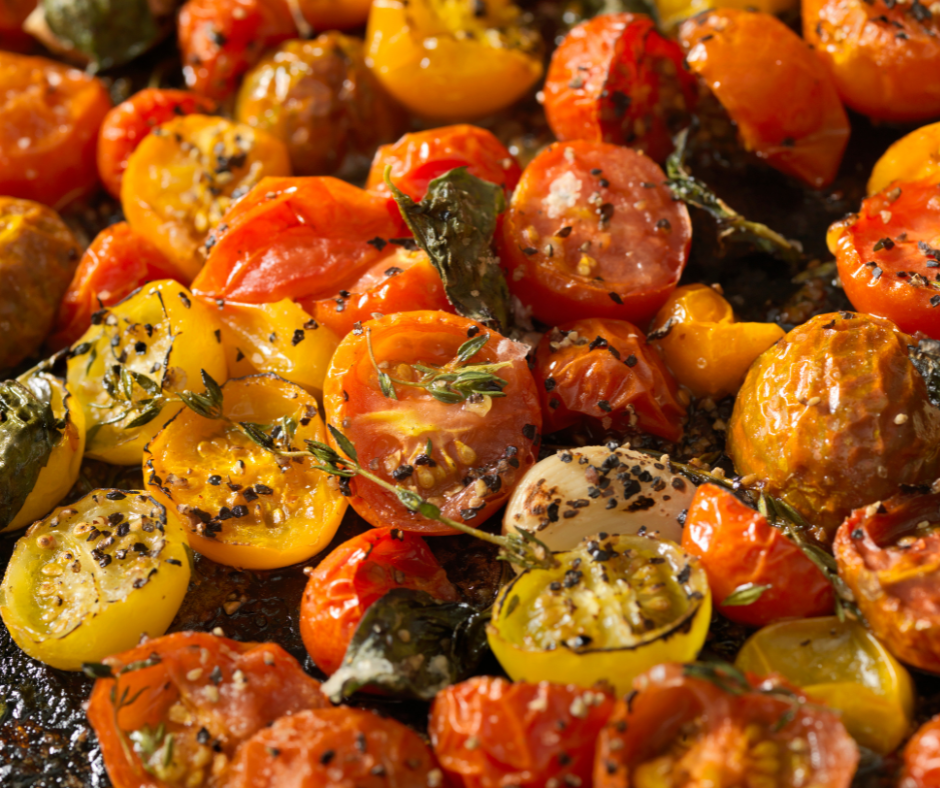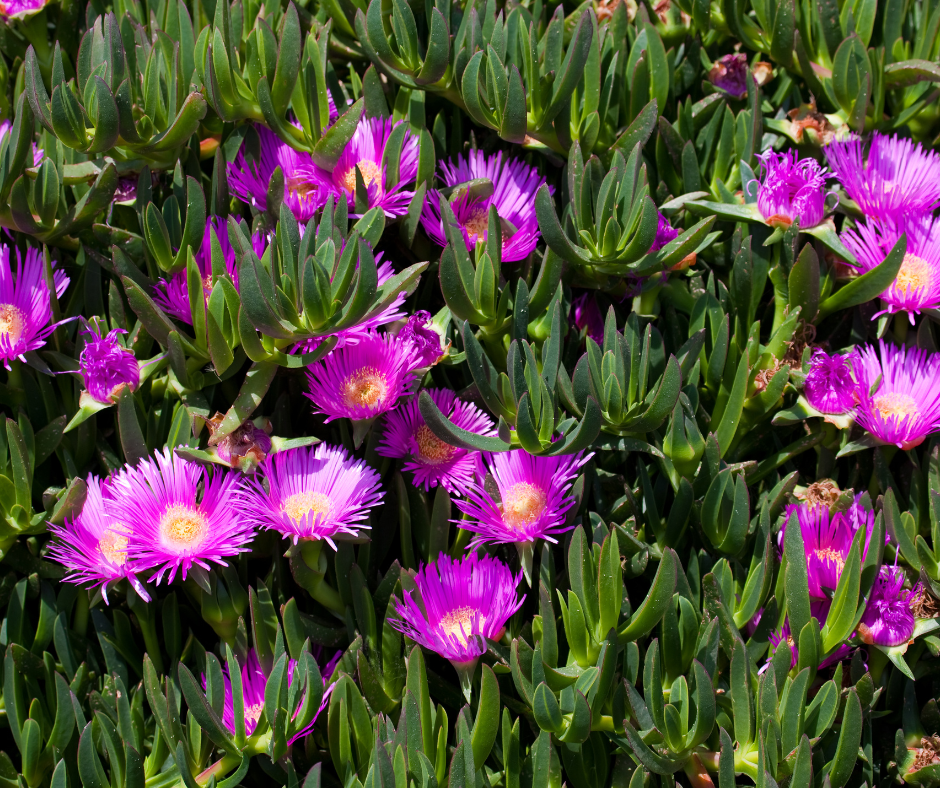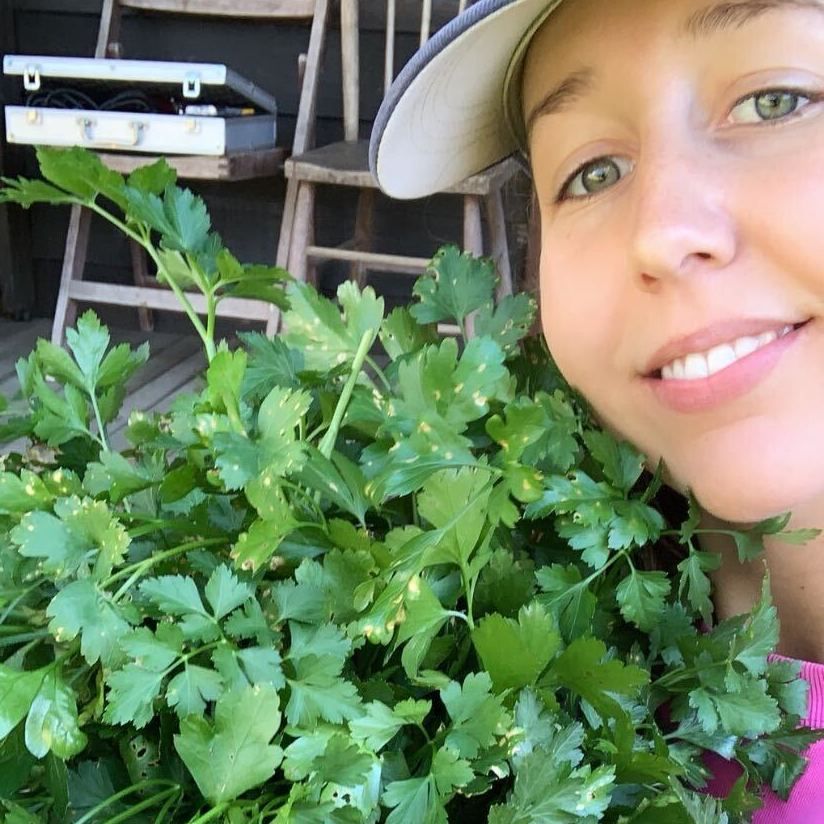A few weeks ago, I planted thyme. It had been a busy winter and following weeks of rain, a burst of weekend sunshine was the perfect chance to hop, skip - no, jump - back into the garden. After pruning back the loose ends and feeding the soil with compost, tufts of thyme were scattered across our small, inner-city rental garden. In reflection, it may have been a metaphor for what I needed; to plant some time back into my life for the things that bring me calm and joy!
Gardening food for your soul
We regularly write, and hear from residents of the Revolution, about the fact that a regular dose of gardening is good for the body and mind. Why? “It combines physical activity with social interaction and exposure to nature and sunlight” (Thompson, 2018). But does growing our own food not give us a little more than that? It guides us to slow down, connect with, and respect our food. Through this experience, cooking becomes an act of reverence for nature. An opportunity to create and share a dish that reflects the beauty of our garden and the many gifts that come with it. That is to say, we garden food for the good of our stomach, health and soul.

I wasn’t just planting thyme. I was reconnecting with nature…and nature’s bounty! Gardening was an invitation back to slow Sundays, spent cooking for loved ones. Something that brings me great joy. Who could ignore that herbaceous, spicy aroma? Before I knew it, I was back in the kitchen slow-roasting vegetables with lashings of good olive oil and a generous sprinkle of fresh thyme. Next up, lemon, thyme and yoghurt cake! Growing food for the soul can be done at any scale. From sprouts on the kitchen bench, thyme scattered between daisies in a rental garden, to a fully-fledged veggie patch (see Victoria’s tips on getting started). So go on, plant some seeds for good living (and eating)!

Recipes for good living
A recipe for good living often starts with good compost, used to enrich our soil (or worm tea, castings and Bokashi juice if you are working on a smaller scale e.g., lettuce and herbs grown indoors). From there, you can sow seeds (see Victoria’s tips on seed sowing) to feed your stomach and soul, as well as your local ecosystem. Think carefully about what you need (for happiness and health), as well as other inhabitants of your local ‘hood. Perhaps expand your backyard biodiversity and try new varieties of herbs, fruits and vegetables. We also encourage you to explore indigenous plants, which occur naturally in your local area and are an important shelter, habitat and food for local wildlife. This provides an opportunity for you to connect with and protect your local environment while getting to know new ingredients in the kitchen, broadening your culinary knowledge! Go forth, kitchen adventures await!

What is your recipe for good living? What do you grow, how do you prepare it and what role does it play in your, your loved ones’, or your local environment’s health and wellbeing? Let us know via socials by using the hashtag #thecompostrevolution and tagging us @thecompostrevolution.



